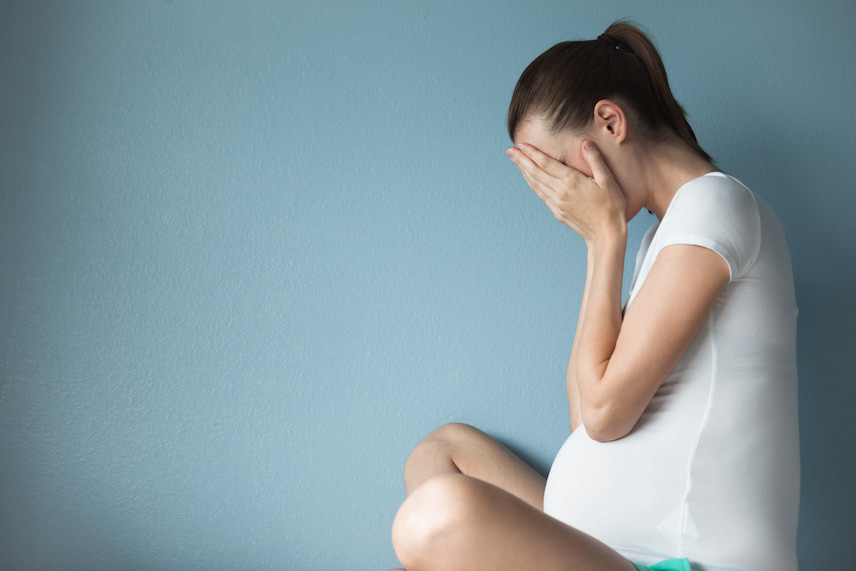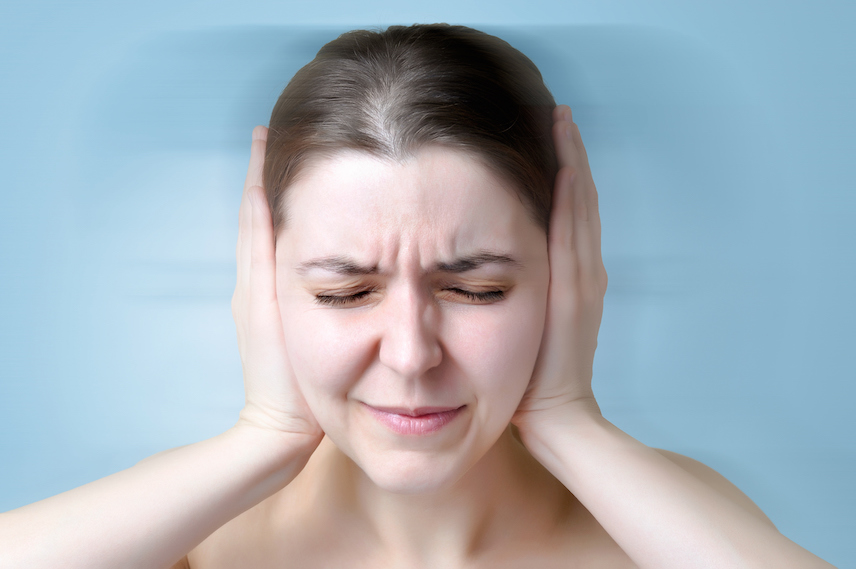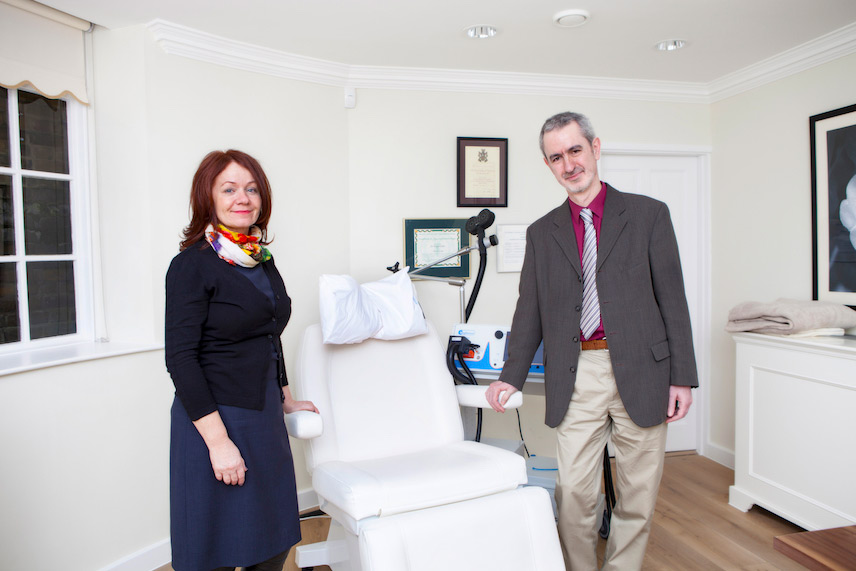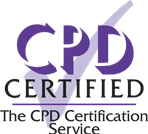[vc_row row_scroll_icon="no"][vc_column][vc_column_text] Here at The London Psychiatry Centre we offer treatment for fibromyalgia patients suffering with widespread pain, severe fatigue and chronic sleep disruption. Living with fibromyalgia can be truly debilitating and can leave you feeling unwell, overwhelmed and wanting answers. Many patients, particularly women, suffer for years without the proper diagnosis or treatment, but fortunately research over the past 10 years has provided a much deeper understanding of both the biology of fibromyalgia and the influences upon the condition.[/vc_column_text][/vc_column][/vc_row][vc_row row_scroll_icon="no" css=".vc_custom_1500285514329{padding-top: 20px !important;}"][vc_column][eltd_accordion style="toggle"][eltd_accordion_tab icon_pack="" title="What Causes Fibromyalgia?"][vc_column_text] It is believed that fibromyalgia can result from a genetic predisposition which is triggered by an injury, an illness, life events or ongoing stress. The different body systems respond, resulting in a blend of physical and psychological symptoms. More often than not, the condition will occur in conjunction with other recognised pain syndromes such as irritable bowel syndrome (IBS), migraine, bladder dysfunction or temporomandibular disorder. These functional pain syndromes manifest in different body systems, yet are largely underpinned by the same biological mechanisms. This means that we can target these mechanisms for an overall effect upon the sensitivity and pain. [/vc_column_text][/eltd_accordion_tab][eltd_accordion_tab icon_pack="" title="What Are The Existing Treatments?"][vc_column_text] It’s an unfortunate fact that thousands of people live in pain because they have been misdiagnosed or not treated properly. Many self-medicate with basic pain killers or are dismissed by their doctor time and time again. What many don’t realise, is that with accurate diagnosis and a comprehensive course of treatment, fibromyalgia can be managed effectively. The prescription of suitable medications, physical therapy, and small lifestyle changes can make living with fibromyalgia much more comfortable. [/vc_column_text][/eltd_accordion_tab][eltd_accordion_tab icon_pack="" title="What Is rTMS And How Can It Help With Fibromyalgia?"][vc_column_text] Repetitive Transcranial Magnetic Stimulation (rTMS) is a ground-breaking treatment for chronic depression used here at The London Psychiatry Centre. The results have been extremely positive as it is a highly effective, pain-free, and non-invasive option for those who are suffering. Additionally, research has now shown us that rTMS is not only a successful option for depression, but also for the management of fibromyalgia. Patients have seen improvements with just a few sessions of rTMS, effectively treating the chronic pain of fibromyalgia. The analgesic effects of the treatment make way for an overall reduction of pain, whether it be sensory or emotionally derived — enabling a lift in mood and a better quality of life. [/vc_column_text][/eltd_accordion_tab][/eltd_accordion][/vc_column][/vc_row][vc_row row_scroll_icon="no"][vc_column][vc_column_text] [/vc_column_text][/vc_column][/vc_row][vc_row row_scroll_icon="no" content_aligment="center"][vc_column][eltd_icon icon_pack="linear_icons" linear_icon="lnr-phone" size="eltd-icon-medium" type="normal" icon_animation=""][vc_column_text]Don’t let fibromyalgia stand in the way of...
It is estimated that over 10% of pregnant women are depressed at any given time. Depression during pregnancy is associated with poorer outcomes for the baby, such as premature birth, lower birth weight, and higher rates of postnatal complications. Maternal depression may also affect the bonding process between mother and baby after birth. The National Institute for Clinical Excellence (NICE) states in its guidance on rTMS for the prevention of migraine that there is a role for this treatment in the reduction or avoidance of drug therapy in pregnancy. Avoiding the use of drugs in the treatment of depression in pregnancy is also desirable. Is rTMS Safe During Pregnancy? [embed width="425" height="239"]http://www.youtube.com/watch?v=gGi--tHJjc4[/embed] Video: Dr Rafael Euba talks about depression and pregnancy in this informative seminar presented at The Private Pregnancy UK Show 2016 in London. As no sedation or analgesia is required, rTMS offers a powerful treatment without exposing the foetus to the potentially harmful effects of drugs that cross the placenta during pregnancy, or contaminate the mother’s milk during the nursing period. Every report published so far in the medical literature clearly suggests that rTMS remains effective and safe during pregnancy. We have outlined just two studies below but all other published studies show positive outcomes: Ten depressed women in the second or third trimester of pregnancy were treated with 20 low frequency rTMS sessions. Seven of ten improved. No adverse pregnancy or foetal outcomes were observed. Kim et al, 2011. An Open Label Pilot Study of Transcranial Magnetic Stimulation for Pregnant Women with Major Depressive Disorder JOURNAL OF WOMEN’S HEALTH 2011;20:255-261 Thirty depressed pregnant patients received high frequency rTMS for three weeks. The treatment was effective and well tolerated and no safety concerns were reported. Sayar et al. Transcranial magnetic stimulation during pregnancy. Archives of Women’s Mental Health 2013; DOI:10.1007/s00737-013-0397-0 rTMS should be considered as an option for pregnant women who are depressed and who wish to avoid potentially harmful drugs during their pregnancy. The needs of each individual pregnant woman will need to be considered and an assessment of the potential benefits and risks of each specific intervention carried out, including psychotherapy. rTMS may also be an ideal treatment option for depression during the nursing period. [vc_row row_scroll_icon="no" content_aligment="center"][vc_column][eltd_icon icon_pack="linear_icons" linear_icon="lnr-phone" size="eltd-icon-medium" type="normal" icon_animation=""][vc_column_text]If you are pregnant and would like to find out whether rTMS treatment is suitable for you, simply call us on 020 7580 4224 to speak to a member of our team.[/vc_column_text][/vc_column][/vc_row]...
The London Psychiatry Centre is the only clinic in the UK to offer rTMS to the public for the treatment of tinnitus. rTMS is proven to be an effective treatment for tinnitus (ringing in the ears), which can be a very distressing condition. We’re pleased to report that a recent systematic review of every study conducted thus far in this area1 has concluded that rTMS has a positive effect on tinnitus. As a patient, you will initially be assessed by a trusted consultant ENT surgeon allied with the centre and then treated on our premises with magnetic stimulation protocol – especially developed for this condition. The stimulation protocol targets different areas of the brain that play a part in generating the tinnitus, using both inhibiting and stimulating magnetic frequencies. The London Psychiatry Centre is collaborating with Mr Anthony Aymat, ENT Consultant to provide the best level of care for our tinnitus patients. [vc_row row_scroll_icon="no" content_aligment="center"][vc_column][eltd_icon icon_pack="linear_icons" linear_icon="lnr-phone" size="eltd-icon-medium" type="normal" icon_animation=""][vc_column_text]If you are living with tinnitus and would like to find out more about how rTMS can help, or book a consultation, please do call us on 020 7580 4224 and a member of our team will be happy to answer your questions.[/vc_column_text][/vc_column][/vc_row] References: 1. Soleimani R et al. Therapeutic impact of repetitive transcranial magnetic stimulation (rTMS) on tinnitus: a systematic review and meta-analysis. Eur Arch Otorhinolaryngol. 2015 May 13....
The London Psychiatry Centre has a significantly higher success rate with rTMS treatments than other clinics. Two separate studies show our remission rate at 66% and 61%. This is double that of providers using dTMS and three times higher than the UK rTMS platinum standard where neuronavigation was used. The London Psychiatry Centre was the first private clinic in the UK that audited and published rTMS treatment results. Our clinic achieved a 61% peer reviewed remission rate over a sample of 150 patients. In a more recent, larger sample of 252 patients (the most patients treated with rTMS by any clinic in the UK), we maintained this high remission rate. For comparison: Of 44 centres in the US and Australia that have published rTMS treatment results for treatment-resistant depression, the remission rate is 29%. The remission rate for H-coil dTMS used by certain UK centres is 31%. Northampton NHS Trust reported a 20.8%1 remission rate using the same questionnaire as The London Psychiatry Centre (BDI-II). A recent study which analysed five private TMS providers and five teaching hospital NHS foundation trusts found that using neuronavigation, considered to be a state-of-the-art technology to refine rTMS and iTBS targeting, provided remission in only one-fifth (20%) of patients. In July 2020 we analysed a selection of 252 treatment resistant patients who had been unable to achieve satisfactory results with antidepressant medication. Our results showed that 61% of these patients achieved remission (full recovery) within six weeks. The majority of these patients had been well for between 1-12 months with maintenance rTMS treatment. 35%, did not respond to treatment, 3% experienced a 50% improvement in symptoms and 1% experienced a 75% improvement. There have been no side effects noted. In comparison, a study based on findings in a US academic medical centre published in The Journal of Clinical Psychiatry2, shows the effectiveness of rTMS in 100 individual cases with a remission rate (full recovery) at six weeks of 24.7%. Depression and Anxiety, The Official Journal of ADAA3, published that 42 separate clinical rTMS practice centres, including some Ivy League centres, were assessed with remission results ranging from 26.5-28.7%. In addition, a recent review of a TMS Centre in Australia4 showed a remission rate of 28%. In the UK, Northampton NHS Trust published their figures1 which showed a remission rate of 20.8% using the Beck Depression Inventory (BDI). Some UK centres use different types of magnetic coil in their treatments, such...






